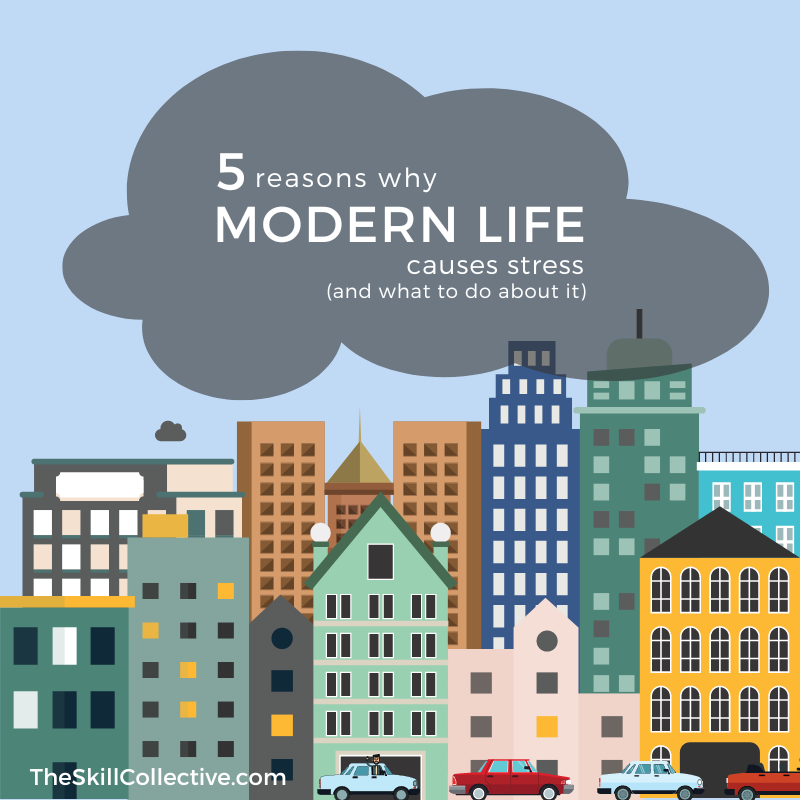Caught in the Perfectionism-Procrastination loop?
Is perfectionism driving you to procrastinate? It may seem counterintuitive, but a fear of failure can stand in the way of you achieving your goals. Read on to learn more…
5 reasons why modern life causes stress (and what to do about it)
(Updated July 2023) Experiencing stress and burnout? The stressors of modern day and lifestyle challenges may be making things worse. Here’s what to do about it.
Low self-esteem: How perfectionism sets us back...
Why does wanting to be so good leave us feeling so bad?
Early career burnout - Part 2: Workplace factors
Burnout is on the rise, and it’s disproportionately affecting millennials, Gen Zs, and those in the early stages of their career. Read on to learn what workplaces can do to help.
Early career burnout - Part 1: Individual factors
Burnout is on the rise, and it’s disproportionately affecting millennials, Gen Zs, and those in the early stages of their career. Read on to learn what you can do to manage your burnout.
Imposter Syndrome: When the perfectionist feels like a fraud (and how to overcome it)
Ever feel like a fraud, that you'll be found out? Perfectionists often fall prey to Imposter Syndrome - read on to find out why, and learn steps to help overcome it.
A primer on perfectionism
Here’s a quick guide on what you need to know about perfectionism.







